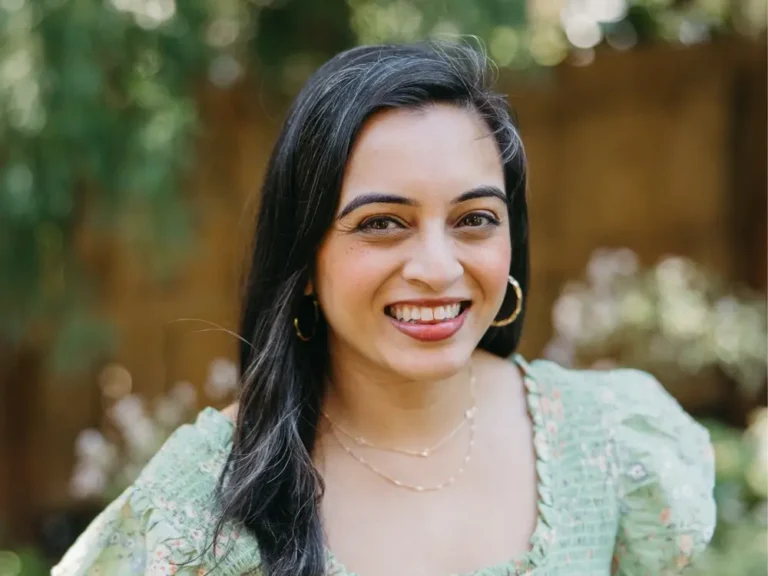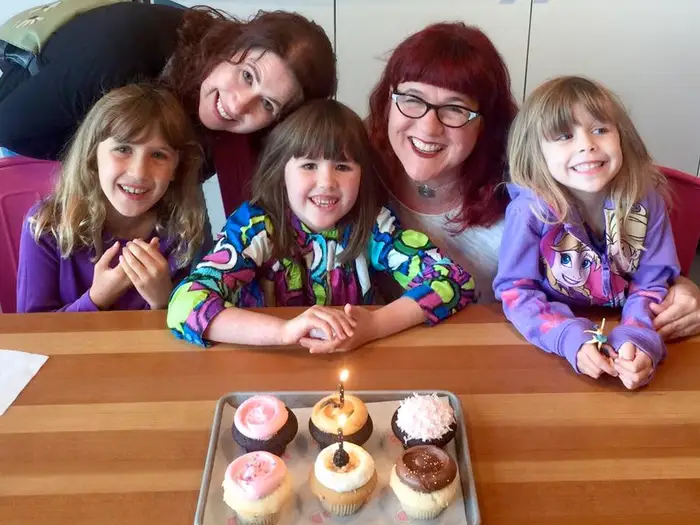My wife and I have always known we don’t want kids. We want to spend our time doing other things.

The author and his now-wife don’t want biological kids.
When we first met in 2012, my wife said that, due to health concerns, she never wanted to bear children.
Perhaps, like a lot of young people in their early 20s, we still left open the possibility that, years down the road, when we were versions of ourselves that we could not yet imagine being, we might develop a desire — a need, an instinct, a calling, whatever it is that makes one want to be a parent — that we did not then possess.
In 2015, years down that proverbial road, we were driving 300 miles from Alabama to New Orleans for a couples’ weekend when my wife realized halfway through the journey that she’d forgotten her birth control at home, so we pulled over on the side of the highway, searched her luggage, and briefly but intensely revisited the question of whether we wanted to have kids. Or rather, whether we wanted to risk a pregnancy that could derail whatever kind of life it was that we were hoping to live. Our answer was to turn the car around and pick up the pills.
We are child-free by choice
With another decade in the rearview mirror, I’m tempted to say that nothing has changed. After all, we are still, by choice, childless. However, one thing that is decidedly different now is my ability to articulate why that is: I don’t want to be a parent.
As a young newlywed, the tension of not wanting kids lay not in the decision itself but in the feeling that I would inevitably have to justify it whenever the topic arose with family, coworkers, acquaintances, or friends. You come to find out after getting married is that people, even strangers, tend to ask about that kind of thing.
In my bolder moments, I tended to fall back on things like the climate crisis and the impending collapse of civilization as reasons for why I did not want to bring a child into this world. The rationale seemed unassailable. Perhaps, I reasoned, if the world were somehow different — somehow better, more equitable, more of a sure thing — then I, too, would feel differently.
We talked about adoption in our 30s
As our 20s came to a close and we entered the era of our 30s, it became a settled matter of fact that there would be no biological children in our future. Even so, the possibility of adoption occasionally popped up. In theory, it removed the physical risk of either having to carry or give birth to a child, two things that understandably terrified my wife.
We even reasoned that adopting a kid would allow us to entirely skip the sleepless newborn stage and the terrible twos, which our friends with kids had recounted with something resembling shellshock.
However, our conversations about adoption were never really about wanting children. Instead, I think they were echoes of the same conversations we’d been having since we first met, in which we attempted to reconcile the possibility of our future selves against who we were and who we had become and, perhaps, who we had always been.
If there is any meaningful distinction to be found between having kids and being a parent, it is perhaps wholly semantic. Whereas having kids connotes the act of giving birth and perhaps raising children as some sort of finite endeavor with a finish line stretched across the path into adulthood, being a parent emphasizes that the commitment is a lifelong one. It’s not that I’m especially afraid, though that is part of it; it has more to do with the fact that time is limited and precious, and I would like to spend mine another way.
The realization that I don’t want to be a parent has been clarifying, if only because figuring out what we don’t want often sharpens our earnest desires.
I don’t want to be a parent, but I want to be a supportive husband. I want to spend the rest of my life with my wife. I want us to grow old together. I want us to feel in the everyday rhythms of our relationship the evidence of the love that brought us together and made visible the possibility of the life we now share.






